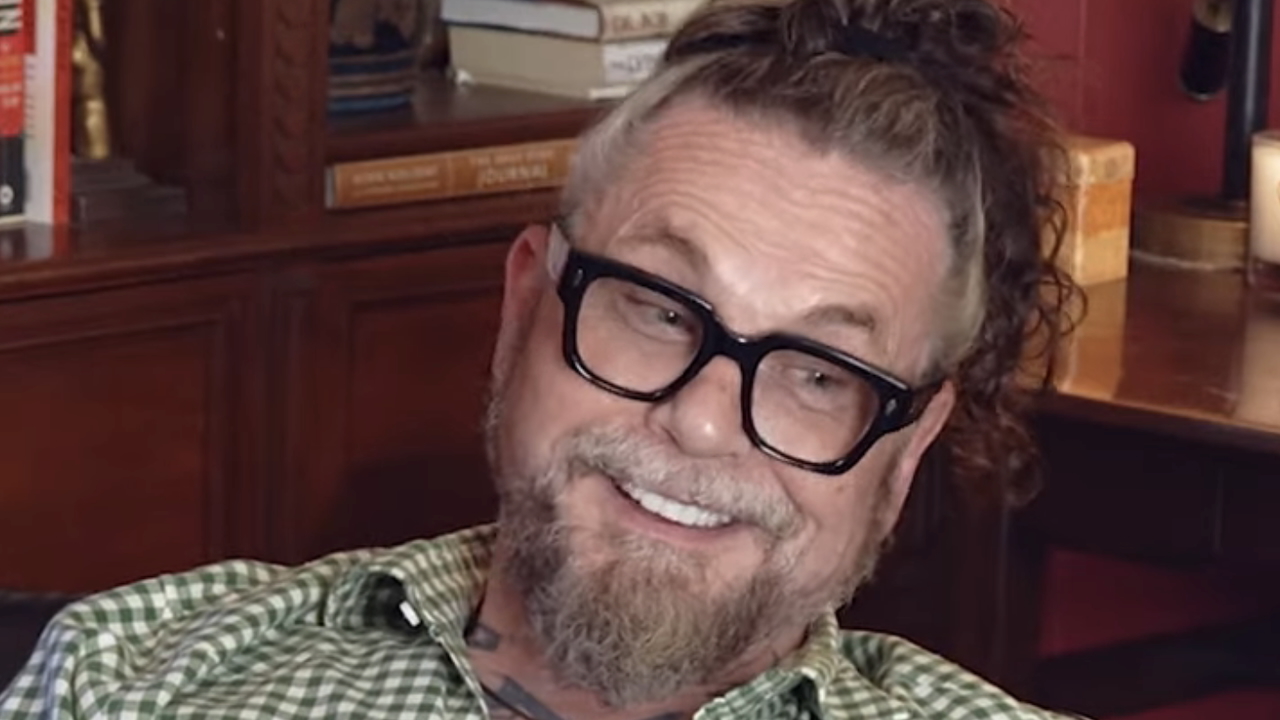Ruth Shellhorn: Why This Disneyland Designer Deserves Disney Legend Status This Year
2024 will see a new batch of Disney Legends, and it's time we stopped overlooking Disneyland's real landscape architect.
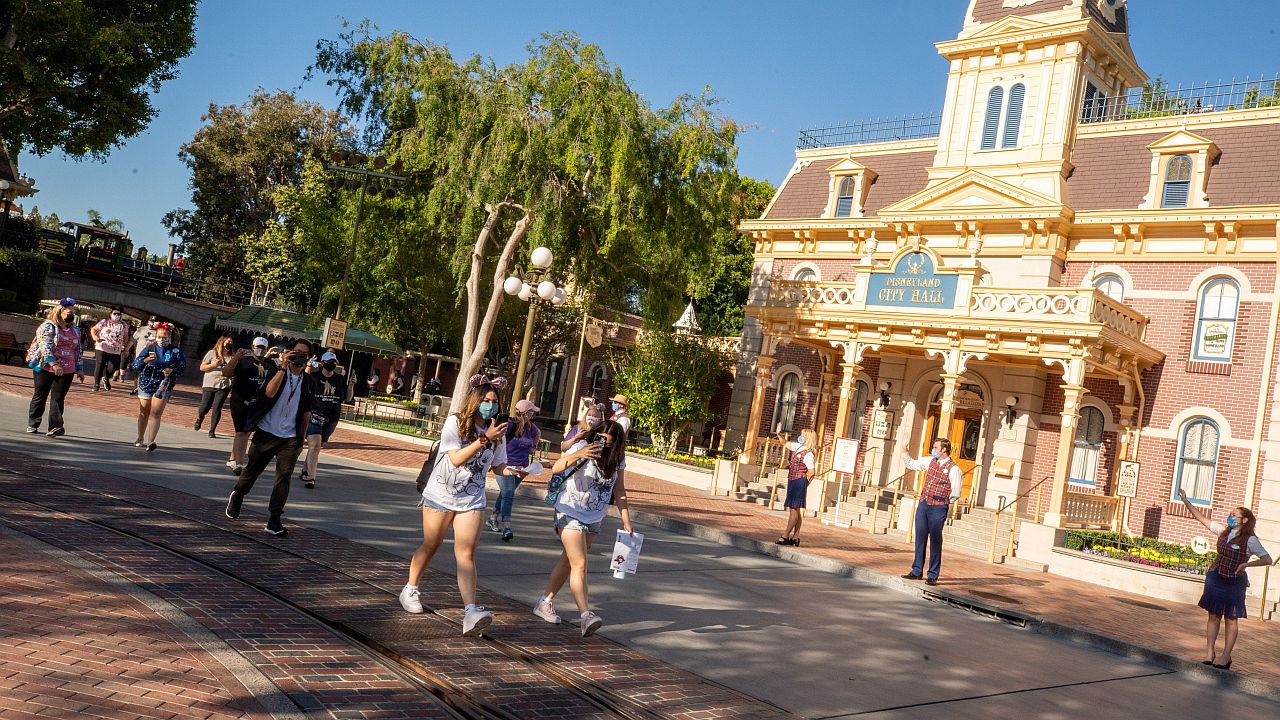
Since 1987 the Disney Legend has been the highest award given by The Walt Disney Company. It is essentially the Disney Hall of Fame, with Legend status bestowed upon dozens of people who have had a significant impact on the Disney company over the last 100 years. Many major Hollywood stars, animators, executives, and Imagineers have received the title. For the last 15 years, new Legends have been named as part of the D23 Expo, and with the next event planned for this August, we know a new class is coming.
Even though so much of the early decades of Disney were male-dominated, several brilliant women who helped build Disneyland have been named Legends. But, there is one woman who, nearly 70 years after Disneyland opened, has not received this recognition. It’s well past time to make Ruth Shellhorn a Disney Legend.
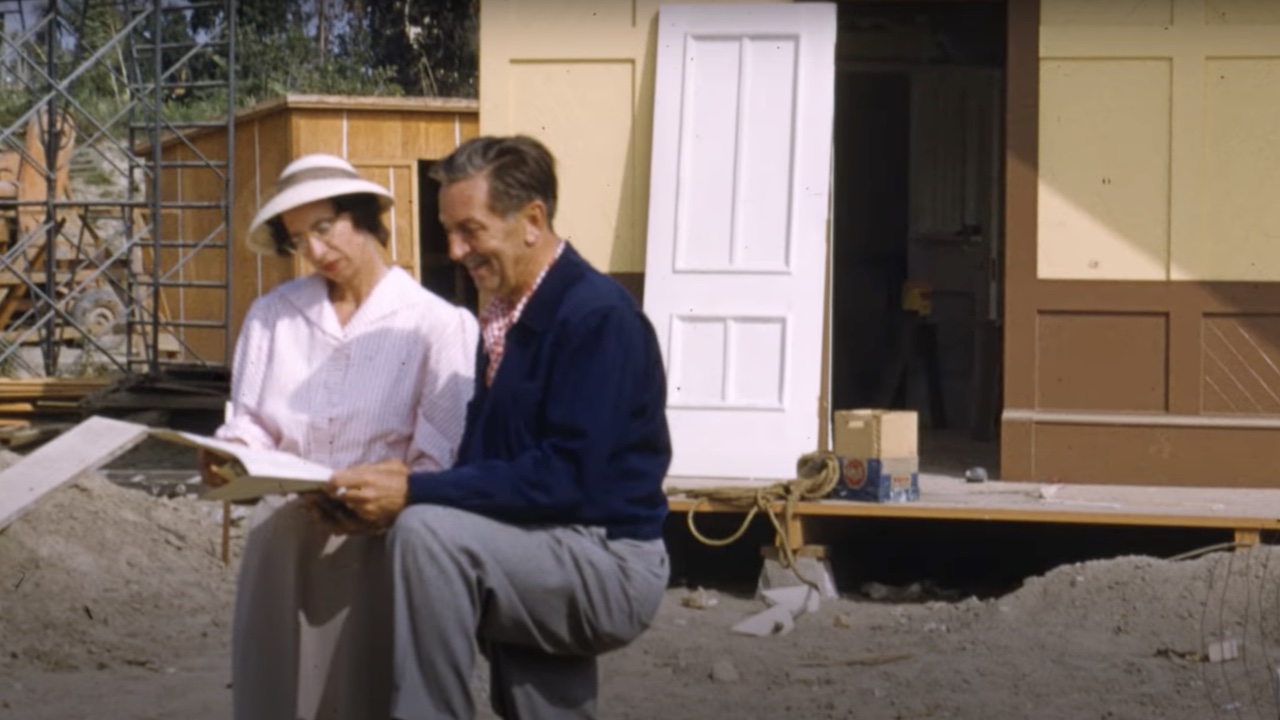
Who Was Ruth Shellhorn?
Born in 1909 and growing up in Southern California, as a child Ruth Shellhorn would find herself neighbor to the prominent female landscape architect, Florence Yoch. Yoch was the “Landscape Architect to the Stars” who would do several private landscape commissions for movie stars, but would also work in Hollywood herself, most notably designing the grounds for Tara in Gone With The Wind. Shellhorn would be inspired by her neighbor to study landscape architecture.
She studied Landscape Architecture first at Oregon State and then at Cornell. Following college, she returned home to Southern California and started her own firm. In 1943 she received her most significant commission, designing parks, trails, and parking lots across an 11-mile stretch of Southern California coast.
This would prove to be a major turning point in Shellhorn’s career, not simply because it was her most significant work to date, but because it would lead to her crossing paths with Welton Beckett, an architect on the same project. Beckett was so impressed with her that he hired her to work with him on Bullock’s Pasadena, a major department store project unlike anything that had been designed before. Beckett's firm designed the building, while Shellhorn worked on the exterior grounds, and they were, by all accounts, incredible. As her biographer, Kelly Comras, explained in Ruth Shellhorn: Midcentury Landscape Design in Southern California...
In the very beginning, on Sundays, none of the Bullocks stores were open but people would come down anyway, they treated these places like parks. People would come and have their wedding pictures taken there.
Shellhorn went on to work on several different Bullock’s store projects, but her relationship with Beckett would pay off again, because Beckett, whose company would go on to design the Contemporary Resort at Walt Disney World, was friends with Walt Disney.
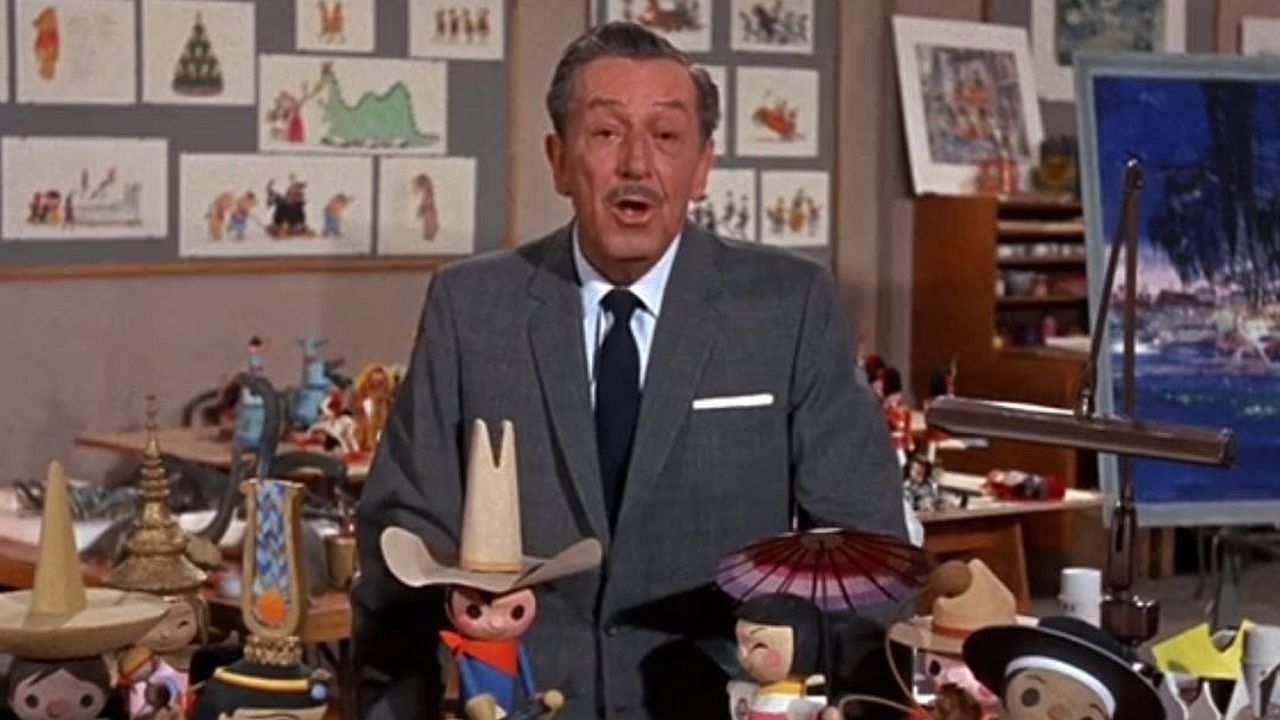
When Walt Met Ruth
In early 1955, Disneyland construction was moving along at a breakneck pace, but there were problems. The landscape was behind schedule. Walt was unhappy with the way that Disneyland’s hub flowed into the four lands that bordered it. Each land had its own art director and was being designed separately. He needed somebody to bring it all together in a cohesive way. He asked his friend Welton Beckett for a name; he gave him Ruth Shellhorn.
Your Daily Blend of Entertainment News
Initially, when Walt called, Shellhorn was hesitant to take the job. She had no particular interest in working on a theme park. However, as with so many others before her, Walt’s enthusiasm for Disneyland was infectious, and he convinced her to come on board. She thought she was simply being asked to be a liaison between the different areas to better facilitate the design, but she ended up doing a great deal more. In an interview decades later with the Cultural Landscape Foundation, she said…
I talked to the art director… who was doing Main Street and the Hub. And I had some ideas, and he sorta threw up his hands and he says 'I haven’t got time for that. He said ‘I’m hard-pressed to try to get out my own work. So make a plan and show us what you are talking about.’ So I made a plan of Main Street and the Hub and they called a meeting of all the art directors, and Walt was there, and they approved it. So each one of the art directors had me do the site planning for the areas of pedestrian traffic in their particular areas.
Shellhorn’s pedestrian plan had to be designed around much of the existing park. She was only brought on to the project in the spring of 1955, about four months before it was due to open, so many of the fixed elements had already been constructed. She was able to design around some, and in other cases, make changes so that the trees and plants didn’t block the beautiful views.
Bill and Jack Evans, who had been the site landscape architects before Shellhorn, despite neither of them being landscape architects, were seemingly less than thrilled with being replaced. They largely retreated to Adventureland and the Jungle Cruise, focusing on planting, as they were horticulturalists. As such, Shellhorn handled the pedestrian circulation for the rest of the park, not just Main Street U.S.A.
She ultimately gave Walt everything he wanted. By strategic use of plants and trees, provided by the Evans brothers, Disneyland was able to make the transition between lands seamless, giving each area its own identity, while still making everything feel like it was part of the same park. Walt told Shellhorn, “I have absolute confidence in your ability,” which may have come from a time she showed Walt that he was wrong.
Walt had an idea to put a bandstand in Town Square, where the flagpole sits today. Shellhorn advised against this, as it would ruin guest sight lines of Sleeping Beauty Castle in one direction, and the Disneyland Railroad train station in the other. The bandstand construction began in earnest, then was pulled down halfway through after Walt realized Shellhorn had been right.
Her pedestrian circulation design would go on to be replicated in every Disney castle park since. Considering a legacy like that, the obvious question is: Why isn’t Ruth Shellhorn a Disney Legend already?
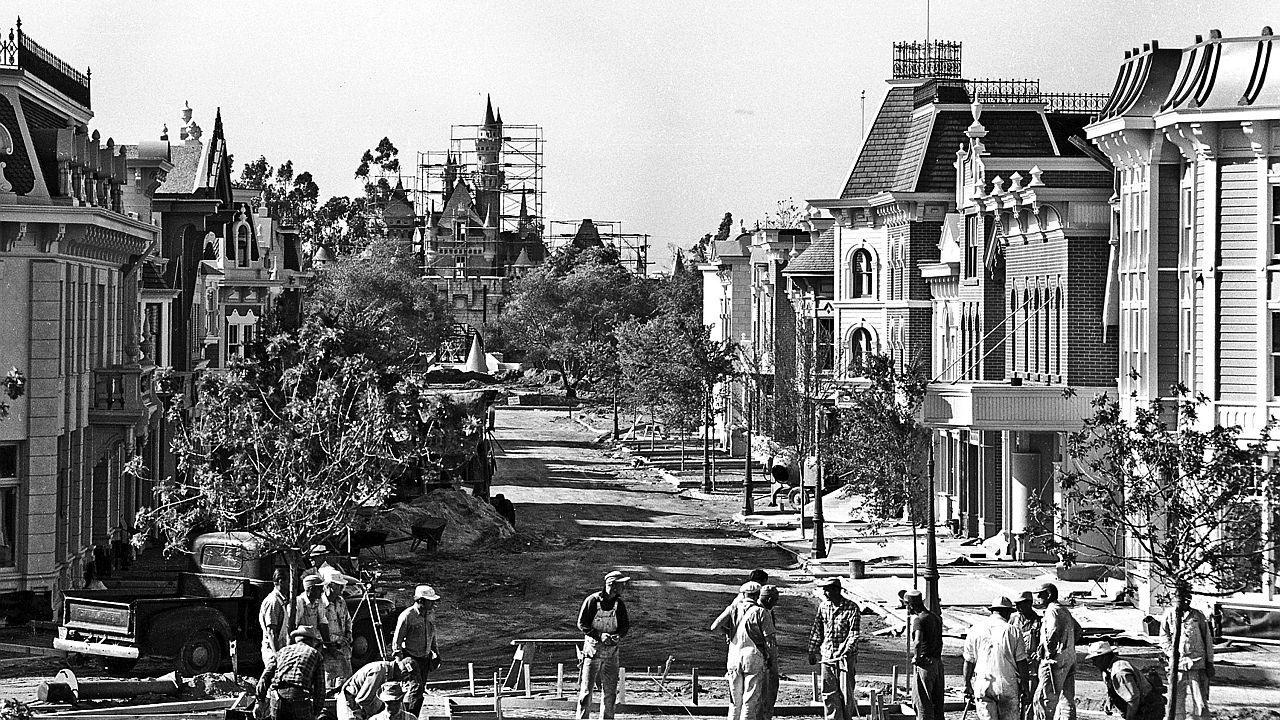
Why Ruth Shellhorn Has Been Overlooked As A Disney Legend
The answer to that question likely has two related points. First, Shellhorn’s actual employment with Disney ended with the opening of Disneyland so she only technically worked there a few months. Shellhorn’s diaries indicate that Walt wanted to keep her on and that Shellhorn wanted to continue, as Disneyland was far from done the day it opened. However, that never came to pass.
Anybody who knows the story of Disneyland's opening knows it’s a story of barely contained madness. Nobody had ever built anything like it before, and as such nobody knew how to build it. A lot of the work was done by whatever people were available at the time. Standards were flexible. A lot of design was done by eyeballing it rather than precise measurements.
This method of "figuring it out as they went along" apparently worked for Bill and Jack Evans. For Shellhorn, that style didn’t work, and it seems she ruffled a lot of feathers by complaining that things weren’t being done properly and trying to get everybody focused.
The fact that she was the only woman regularly on the construction site may have had something to do with the difficulties she had getting people to listen. They reportedly nicknamed her “Mother Shellhorn” for the way she kept after them. In her diary (via The Disney Institute) Shellhorn writes of Jack Evans…
I can see how Jack has gotten to his dirty work with the men for their attitude now that I’m a little ‘filly’ who doesn’t know how to handle a big job.
In the final weeks before the park opened, Shellhorn threatened to quit more than once due to the less-than-congenial workplace, as she continued to battle with the men on site. She says in her diary that Disneyland lead designer Dick Irvine was playing favorites, siding with Jack Evans over her…
I feel so strongly that [Dick] Irvine has no love for me at all and is very chummy with Jack.
This may have been the ultimate reason that Shellhorn did not continue to work with Disneyland after the park opened, while the Evans brothers did; she simply wasn’t liked as much by people in authority. And, because of that, far fewer people know her name or what she accomplished.
Shellhorn would go on to have a distinguished career as a landscape architect. She was named Woman of the Year by the Los Angeles Times the year Disneyland opened and received a lifetime achievement award from the American Society of Landscape Architects in 2005, but Disneyland is by far her most famous project, and her work on it is largely overlooked.
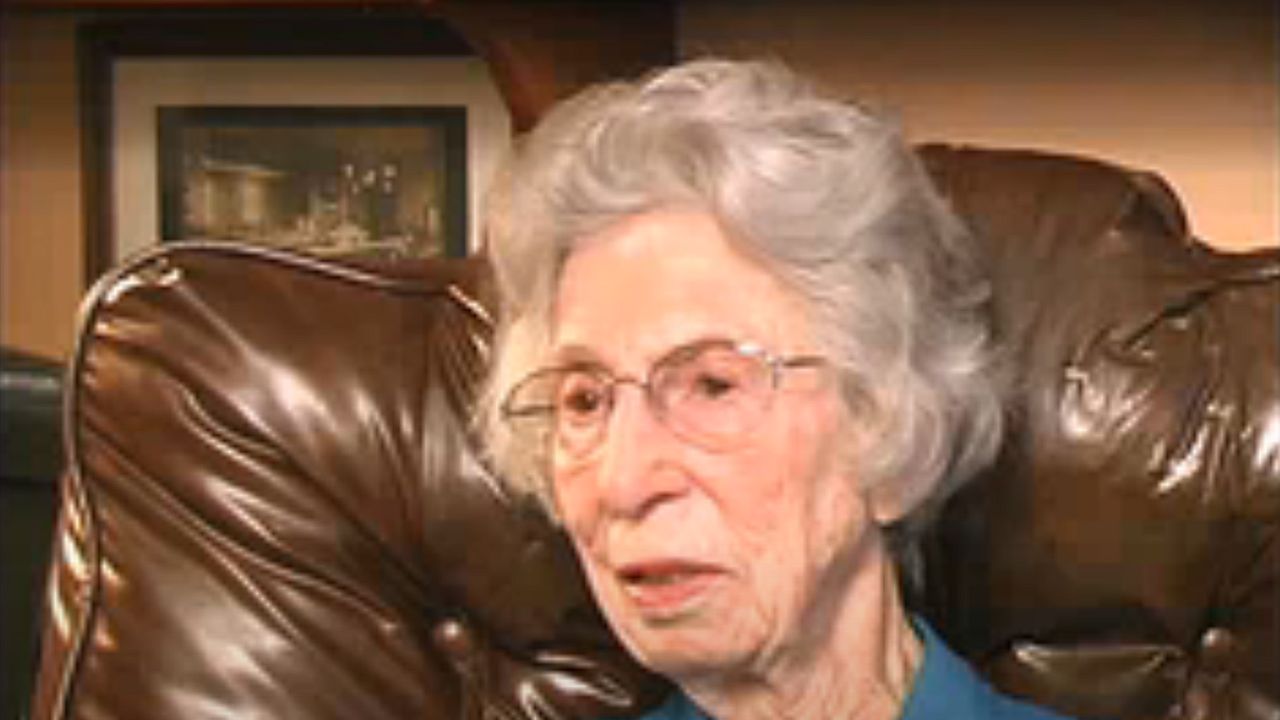
Why Ruth Shellhorn Deserves To Be A Disney Legend
There are two major ways that those who contributed to Disney, and especially Disneyland, get honored. One is by getting a window on Main Street U.S.A. with their name on it, the other is by being named a Disney Legend. Many of the greats have both. Ruth Shellhorn has neither.
Her tenure with the Walt Disney Company may have been short-lived — only a few months all told — but her contributions were immeasurable. Disneyland wouldn’t be the park it is today without her, and the rest of Disney’s Parks wouldn’t be what they are without Disneyland.
She didn't create one of the best rides at Disneyland. In fact, she's responsible for things you likely never noticed, but if you don’t think that pedestrian circulation is important, I'd like to point out that the one part of the original Disneyland Park that is still a pedestrian nightmare today is Adventureland, the one part of the park she didn’t have a major impact on.
Walt Disney ultimately understood her importance. In the forward to 1965’s Disneyland: World of Flowers, by Bill Evans, the man who clashed with Shellhorn so often, Walt made a point to credit her, the only person he named beyond the Evans brothers, saying…
Special plaudits are due to Ruth Patricia Shellhorn for her design of the formal Victorian plan for Main Street, the Town Square and the Plaza. The trees and shrubs she selected in the spring of 1955 are still used.
As The Walt Disney Company decides who to give the Disney Legend award this year, I hope they consider Ruth Shellhorn. She’s a woman not nearly enough people know about, and her talent and skill are worthy of recognition.
Shellhorn passed away in 2006 at the age of 95. If she becomes a Disney Legend, she will never know it, but she is deserving of the honor, if only so that more fans of Disneyland know who is responsible for that beautiful place. It's time to make Ruth Shellhorn a Disney Legend.
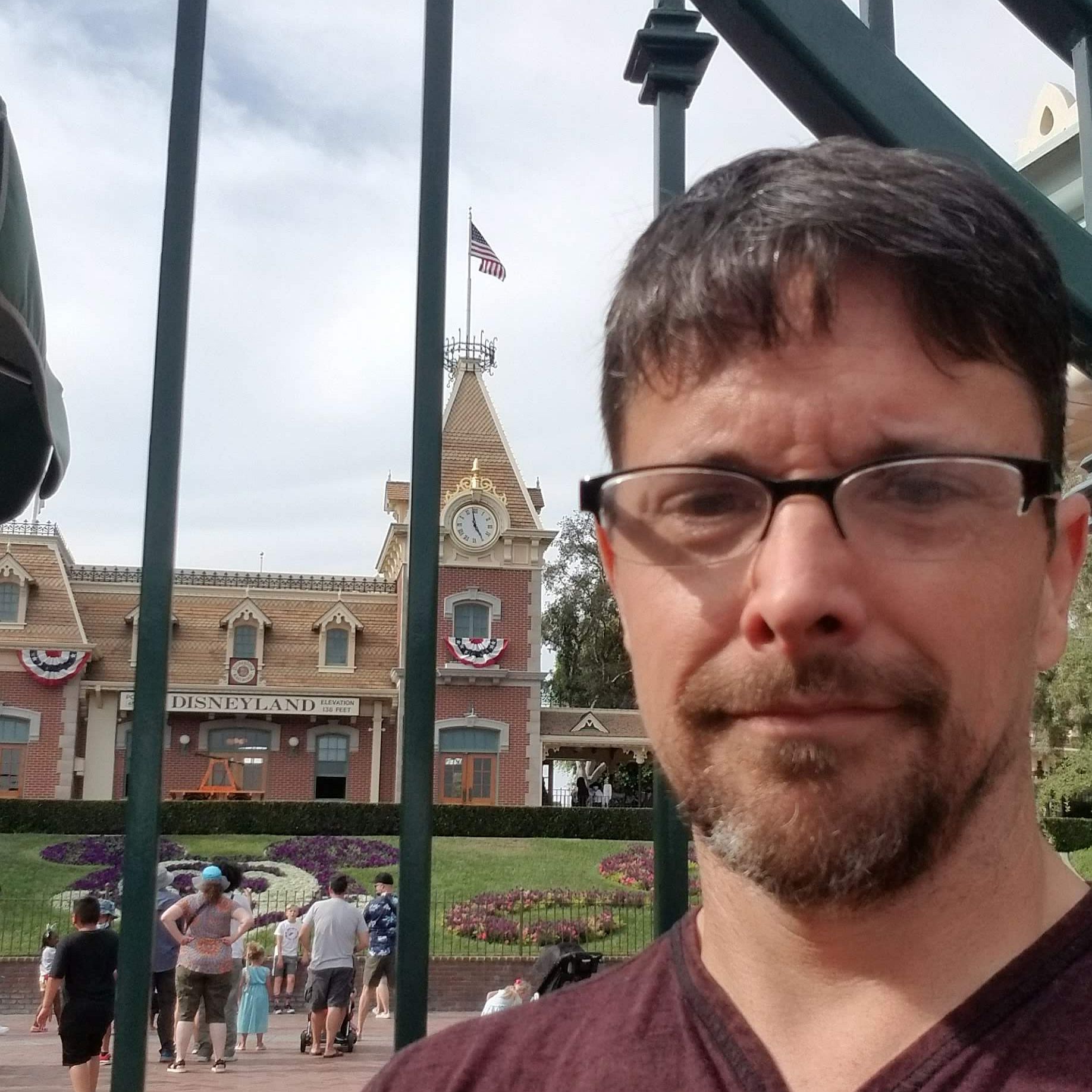
CinemaBlend’s resident theme park junkie and amateur Disney historian, Dirk began writing for CinemaBlend as a freelancer in 2015 before joining the site full-time in 2018. He has previously held positions as a Staff Writer and Games Editor, but has more recently transformed his true passion into his job as the head of the site's Theme Park section. He has previously done freelance work for various gaming and technology sites. Prior to starting his second career as a writer he worked for 12 years in sales for various companies within the consumer electronics industry. He has a degree in political science from the University of California, Davis. Is an armchair Imagineer, Epcot Stan, Future Club 33 Member.
